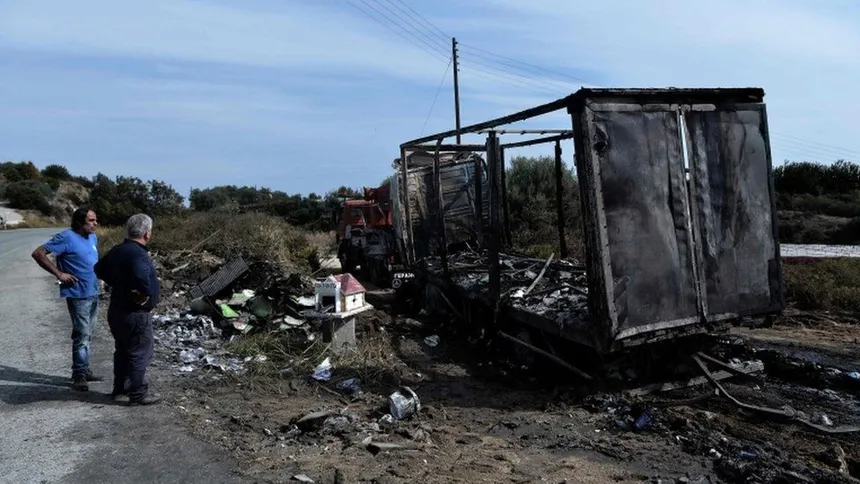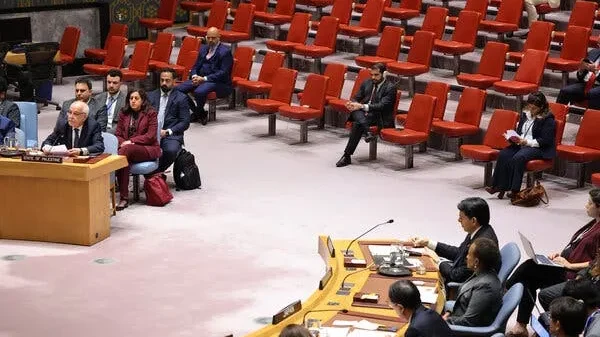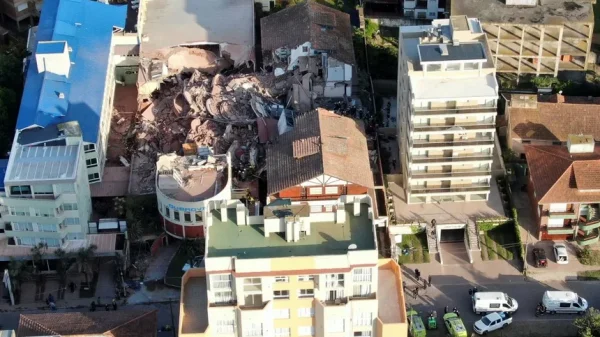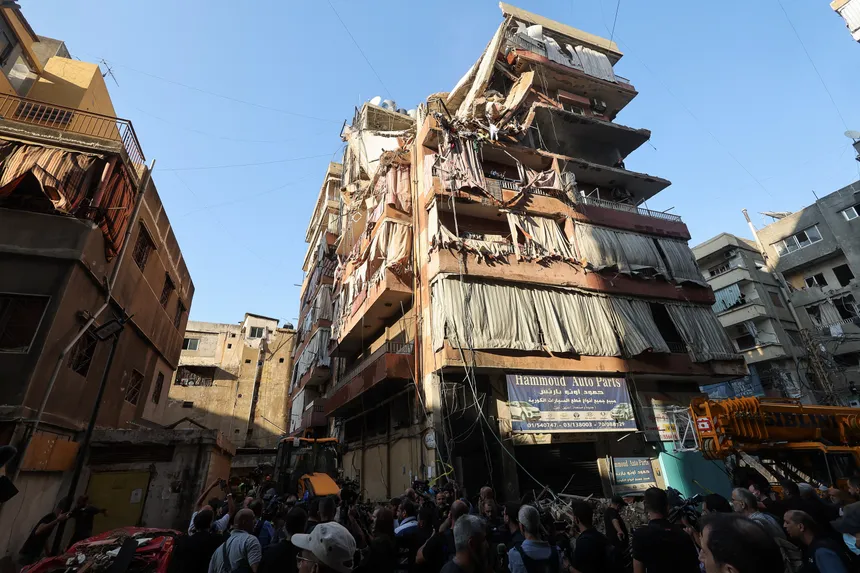Greece is preparing for a potential surge in migrants and refugees due to the ongoing war in the Middle East, according to a senior government official. Migration Minister Nikos Panagiotopoulos stated that the country is considering setting up detention facilities on the islands of Rhodes and Crete to handle the increasing number of arrivals by sea. Existing migrant camps on the Greek islands are already at full capacity, while mainland facilities are still at a 60% utilization rate.
Panagiotopoulos projected that approximately 50,000 migrants will have entered Greece by the end of the year, with most arrivals coming from the Turkish coastline and North African routes. The minister acknowledged that some migrants are coming from Lebanon, but there has not been a significant surge yet due to the ongoing conflict. Panagiotopoulos emphasized that Greece is seeking stricter migration policies within the framework established by the European Commission’s second term, led by President Ursula von der Leyen.

Greece Braces for Migration Surge Amid Middle East Turmoil (Image via Getty)
Greece is seeking amendments to create more robust deportation policies and tougher external border controls, with officials emphasizing the need for a European solution. Panagiotopoulos stressed that the European Union spent eight years negotiating the Migration and Asylum Pact, which was finally approved, and it is now essential to start implementing it.
The situation is particularly concerning for Greece due to its geographic proximity to the migration routes and its experience with refugee crisis in the past. The country is seeking to work closely with the European Union to find a comprehensive solution to the migration issue and create a more robust system for handling and integrating newcomers.
In the meantime, Greece is taking steps to prepare for the potential influx of migrants, including increasing its military presence on the borders and cooperating with other EU member states to address the issue. The country’s efforts to implement stricter migration policies will be closely watched by other EU member states and the international community, as the migration crisis continues to pose significant challenges for European governments.


























